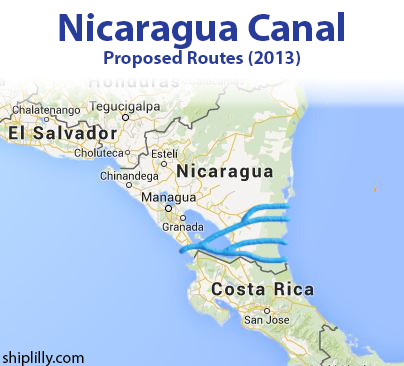Points back again to that pesky Marc Elias –>
Majority Forward was incorporated in June by Perkins Coie lawyer Marc Elias, who represents Senate Majority PAC.
Elias, who is also general counsel for the campaign of Democratic presidential candidate Hillary Clinton, said Friday night he could not immediately comment.

FNC: A dark money group aligned with Senate Majority Leader Chuck Schumer, D-N.Y., is facing an Internal Revenue Service complaint from a liberal watchdog group for concealing their political activity where they attempted to damper GOP election turnout for certain races in 2018.
Recently released tax records from the liberal nonprofit Majority Forward showed the dark money group gave $2.7 million to a different nonprofit, the Coalition for a Safe and Secure America (CSSA), in 2018, according to Axios.
Majority Forward is part of the Senate Majority PAC, serving as its nonprofit arm. The $2.7 million it gave made up the majority of the $4 million raised by CSSA that year.
CSSA converted that money into multiple direct-mailing campaigns and digital advertisements during the 2018 midterm cycle targeting Republican lawmakers, including Sens. Josh Hawley, R-Mo., and Mike Braun, R-Ind.
The ads were deceptive in their nature, claiming the candidates had changed their position on central conservative tenets, and were posted to state-specific Facebook pages.
The ads led to the liberal watchdog group Citizens for Responsibility and Ethics in Washington (CREW) to file an IRS complaint against CSSA. Majority Forward also recently admitted it left off legally required disclosures from direct-mail pieces in the 2018 midterm cycle.
“Coalition for a Safe Secure America appears to have falsely told the IRS they were not involved in politics. Dark money groups too often bypass the law in their efforts to secretly and improperly influence who is elected,” CREW president Noah Bookbinder said in a statement published last month. “We urge the IRS to open an investigation into Coalition for a Safe Secure America and take swift and appropriate action for any potential violations.”
CSSA’s ad targeting Hawley accused him of siding “with Washington liberals against gun owners.” Braun was labeled “Tax-Hike-Mike.”
Additionally, former Sen. Dean Heller, R-Nev., and Rep. Matt Rosendale, R-Mont., were targeted by its ads during the 2018 cycle. Heller and Rosendale both lost their races.
Heller was charged with allowing “almost 200,000 foreign workers a backdoor entry into our country.” Rosendale was accused of supporting “drone monitoring” while running for a Montana Senate seat.
Some of the ads also promoted Libertarian Party candidates to siphon votes away from the targeted Republicans.
Majority Forward was able to finance the ads while hiding its true reasons behind the ads through loopholes in campaign finance laws that allowed limited political activity from nonprofits.




